STUDENT WRITERS: Tribalism in American Politics
STUDENT WRITERS PROGRAM
This week featuring: ERSKINE ACADEMY
by Grace Kelso
Tribalism is the behavior and attitudes that stem from strong loyalty to one’s own tribe or social group. Tribalism is a natural part of human behavior that can be seen in all aspects of life. More now than ever, we are seeing strong tribalism in American politics. We are seeing evidence of this when people favor policy proposals from their party and disapprove of proposals from the other party based purely on party and not facts or soundness of policies, or when people only make friends with people from their own party. This essay explains where we see tribalism in American politics.
One example of tribalism in American politics is through reactive devaluation bias. Reactive devaluation bias is the tendency to value the proposal of someone we recognized as an antagonist as being less interesting than if it were made by someone else. An example of this could be found in Daniel Stalder’s article, “Tribalism in Politics” published in Psychology Today in June, 18th, 2018. According to Stalder, Republican Senator, George Vionovich, said, “If he [Obama] was for it, we had to be against it.” This means that even if one of Barack Obama’s policies, or a policy that he was in support of, were very beneficial to the American people, George Vionochich and his Republican colleagues would not support it. This is a clear example of reactive devaluation bias. It is not just Republicans who are guilty of reactive devaluation bias. A study called “Party over Policy” found that when liberal college students were told about a welfare proposal, they were not opposed to it, and some were in favor of it. When they were told that the policy was proposed by Republicans and was not supported by Democrats, their opinions changed. Most of the students were no longer in favor of the policy proposal, according to the same Psychology Today article.
Another example of tribalism in American politics is how it can be seen affecting our social lives. Tribalism based on our political beliefs occurs in how we perceive the people around us and with whom we are in relationships. To put it simply, we treat people with the same political views more favorably than we do people with opposing political views.
A political scientist named Shanto Iyengar has done a lot of research into how political tribalism plays a role in our social life. He found that the percentage of married couples that came from the same party had grown from two-thirds in the 1960’s and 70’s to close to 90 percent today. A survey done in the 1960’s found that only 5 percent of partisans would mind if their son or daughter were in a relationship with someone of the opposite party. This seemed like an irrelevant question at the time. In 2010, the same question was asked for a YouGov Poll and found that 49 percent of Republicans and 33 percent of Democrats would be somewhat or very upset if their son or daughter were in a relationship with someone of the opposite party.
Today, the political party you align yourself with is not just a choice, but an identity. This is seen when people approve of policy proposals from their own party and disapprove of those from the opposing party and when people do not want to be friends with someone from the other party. These are examples of tribalism. America is facing a lot of challenges and we need to be united now more than ever, but why do we still have trouble working with the other side? Maybe we are too egotistical, or maybe we don’t want to seem like hypocrites for agreeing with the opposing party. Only after we get rid of our “us versus them” complex can we make some meaningful change.
Student Writer’s Program: What Is It?
The Town Line has published the first in what we hope will be many articles from local students under the heading of the “Student Writer’s Program.” While it may seem plainly evident why The Town Line would pursue this program with local schools and students, I think it’s worth the time to highlight the reasons why we enthusiastically support this endeavor.
Up front, the program is meant to offer students who have a love of writing a venue where they can be published and read in their community. We have specifically not provided topics for the students to write on or about, and we have left the editing largely up to their teachers. From our perspective this is a free form space provided to students.
From the perspective of the community, what is the benefit? When considering any piece that should or could be published, this is a question we often ask ourselves at The Town Line. The benefit is that we as community are given a glimpse into how our students see the world, what concerns them, and, maybe even possible solutions to our pressing problems. Our fundamental mission at the paper is to help us all better understand and appreciate our community, our state, and our nation through journalism and print.
We hope you will read these articles with as much interest and enjoyment as we do. The students are giving us a rare opportunity to hear them out, to peer into their world, and see how they are processing this world we, as adults, are giving them.
To include your high school, contact The Town Line, townline@townline.org.



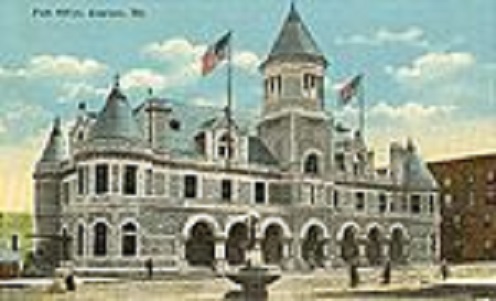
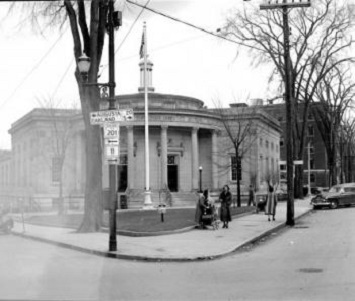

 A trunk or treat drive through sights and sounds spectacular will be held at the China Regional Church of the Nazarene, at 898 Rte. 3, in South China, on Saturday, October 31, from 5:30 – 7:30 p.m.
A trunk or treat drive through sights and sounds spectacular will be held at the China Regional Church of the Nazarene, at 898 Rte. 3, in South China, on Saturday, October 31, from 5:30 – 7:30 p.m.

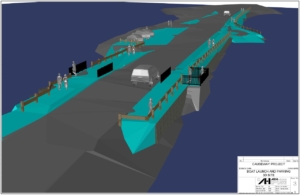
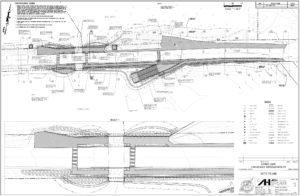
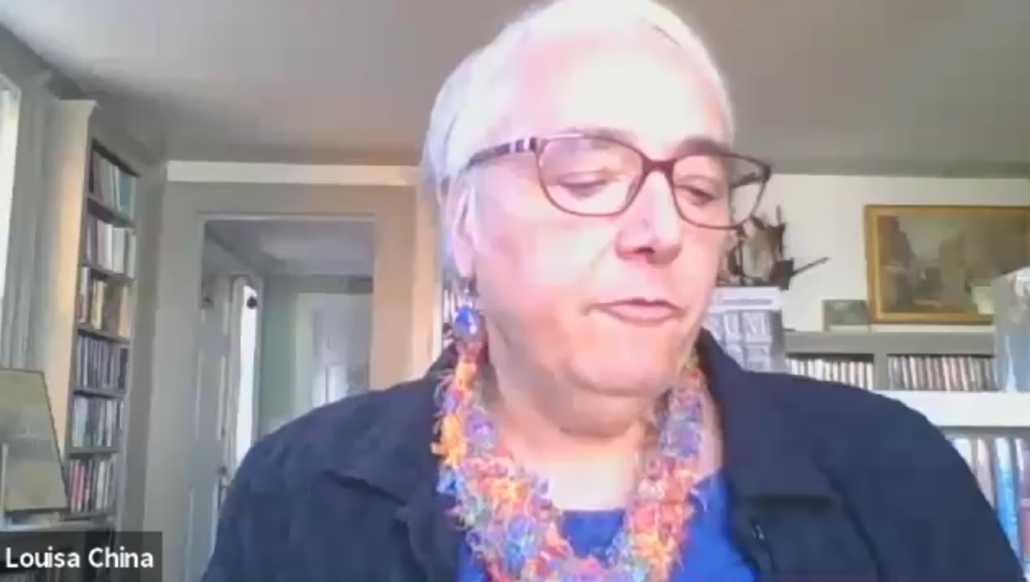







 China’s Broadband Committee meets virtually at 7 p.m., Thursday, Oct. 15, to continue discussion of expanding internet service in town. People interested in watching or participating in the meeting should
China’s Broadband Committee meets virtually at 7 p.m., Thursday, Oct. 15, to continue discussion of expanding internet service in town. People interested in watching or participating in the meeting should